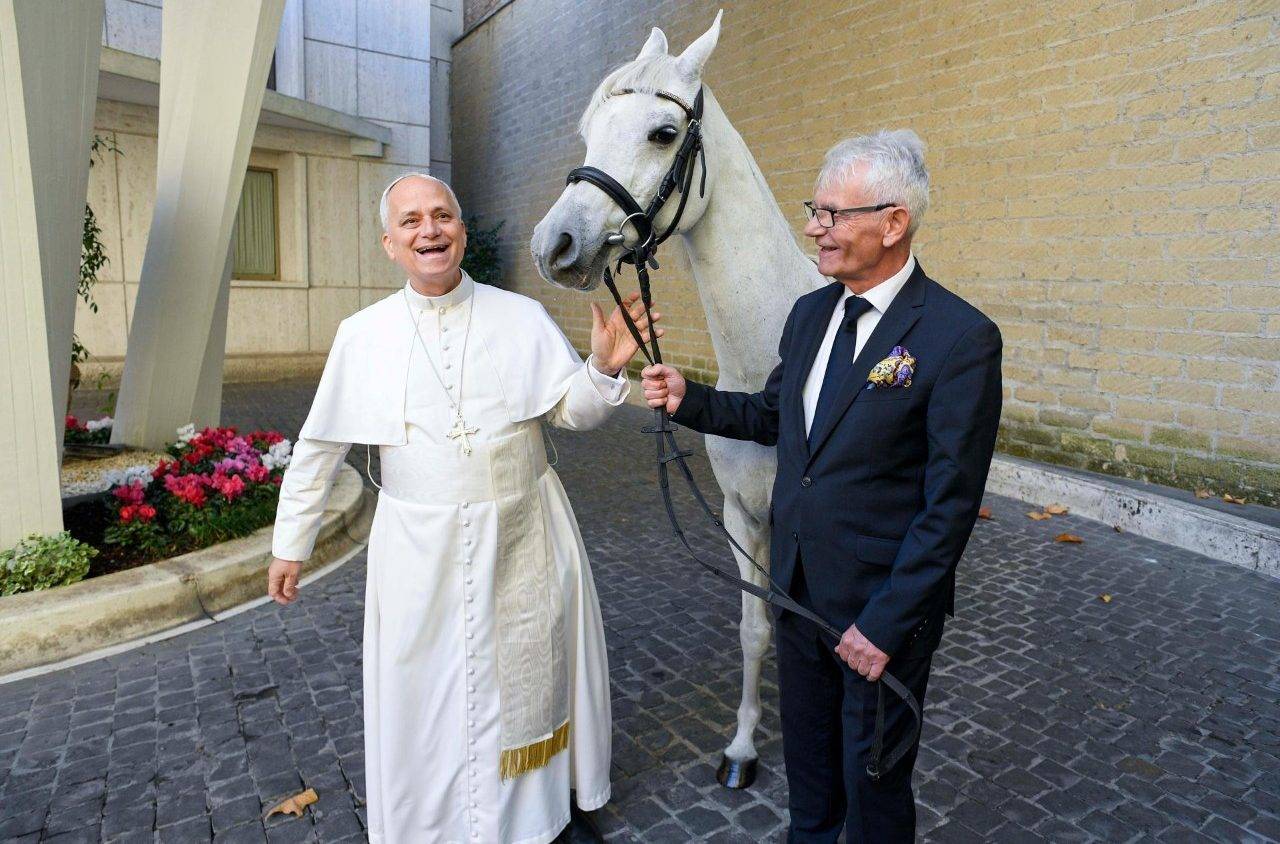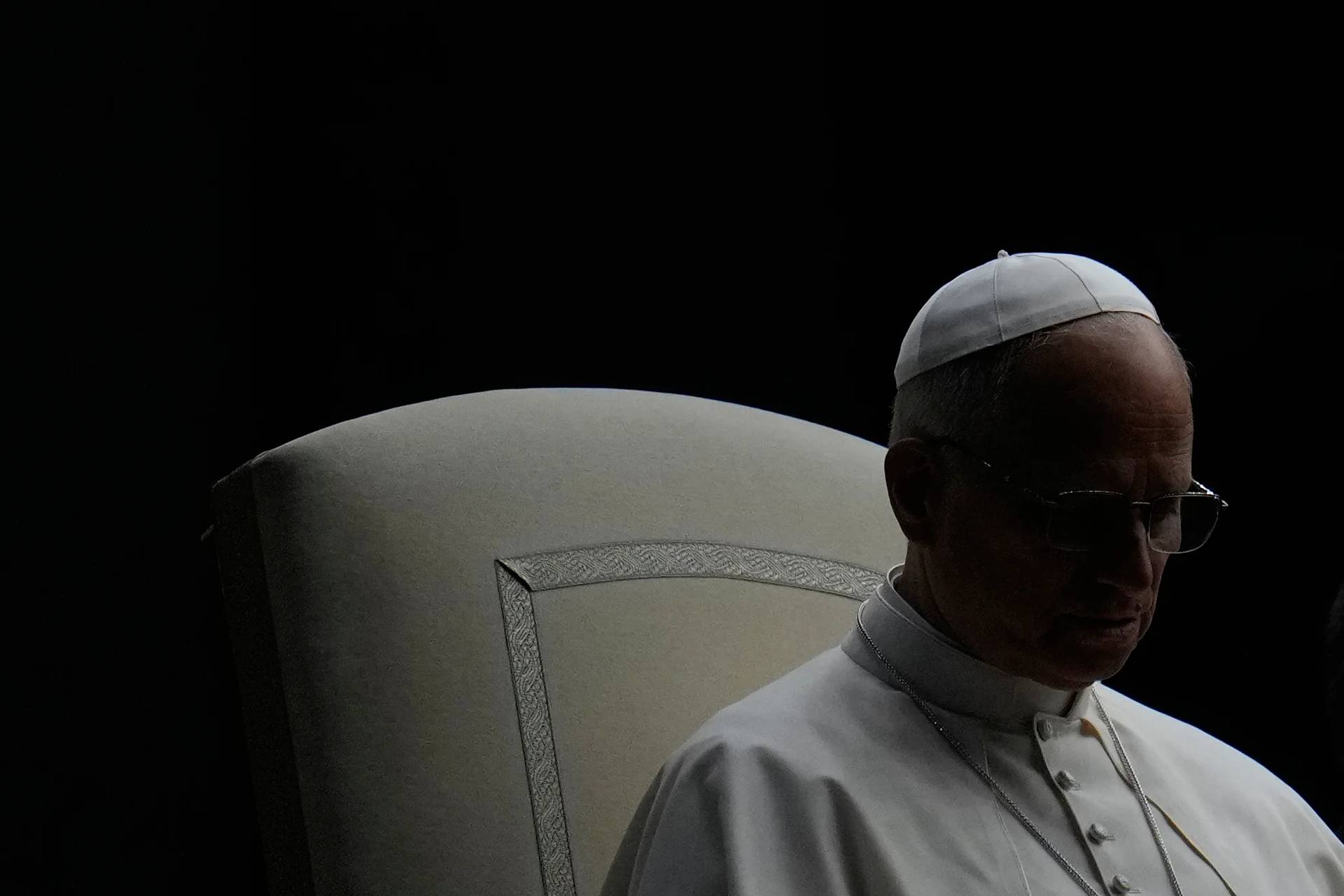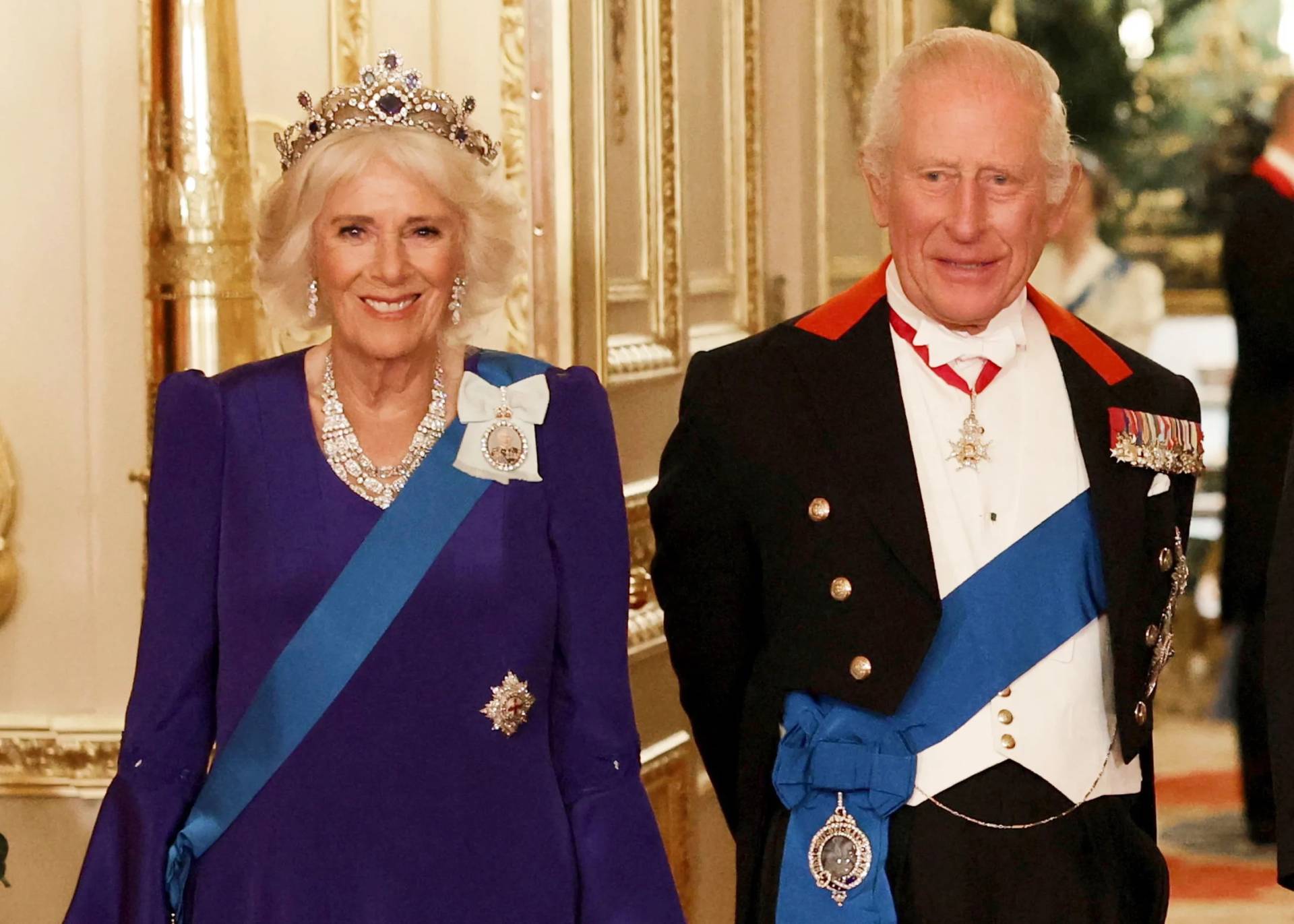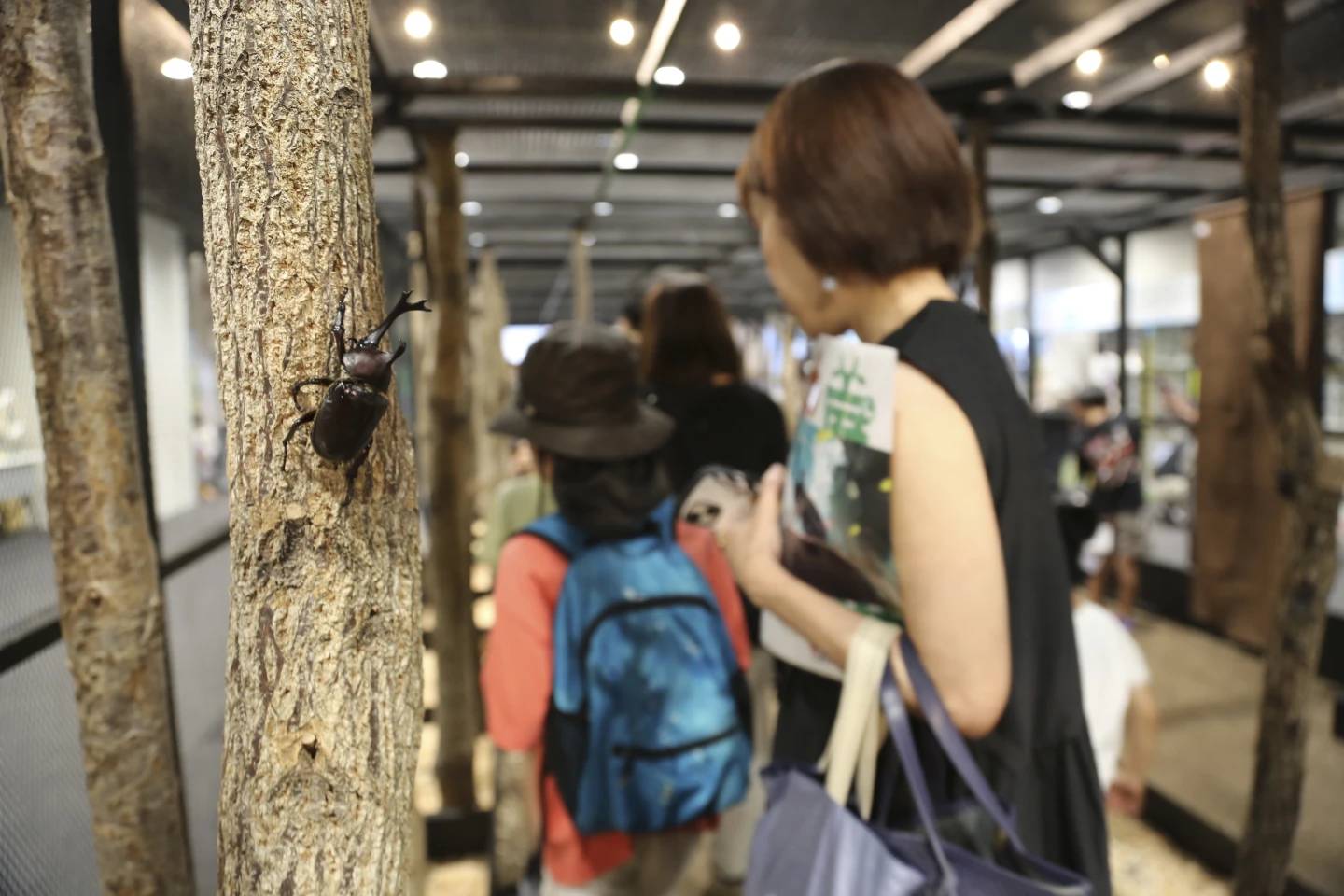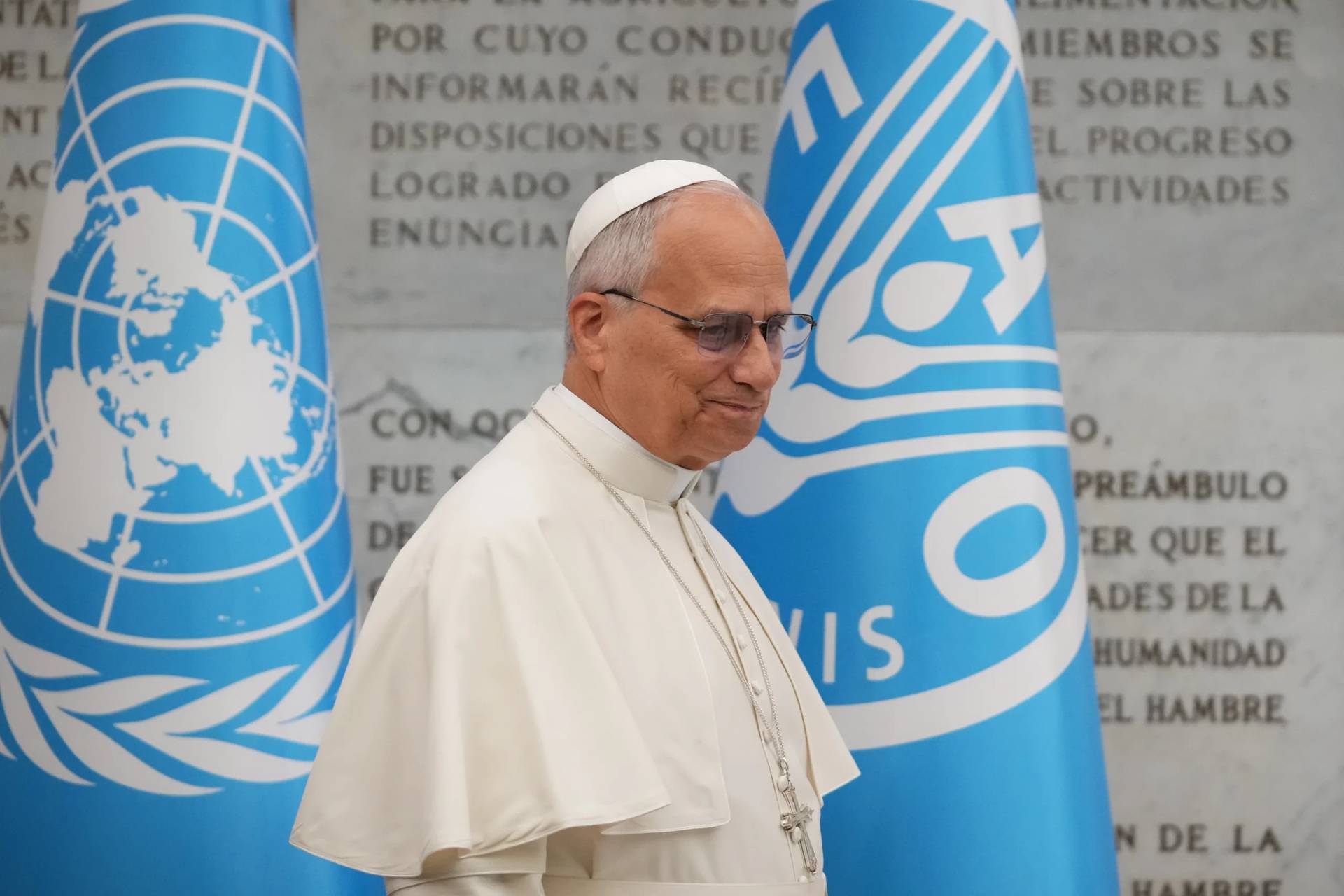ERBIL, IRAQ — Each December 8 in Lyon, France, up to three million people flood the streets as houses display candles in the windows to mark the feast of the Immaculate Conception. It’s one of the largest annual festivals in the world, alongside Rio de Janeiro’s Carnival and Munich’s Oktoberfest, and a deeply cherished French tradition.
This year, Lyon’s famed Festival of Lights traveled to Erbil, Iraq, to offer what organizers called “a strong sign of friendship and fraternity” to a Christian minority reeling from threats posed by the rise of the radical Islamic State.
On Friday, Cardinal Philippe Barbarin, archbishop of Lyon, took off in a chartered plane with other Catholics from Lyon, bound for Erbil. Among other things, the delegation is visiting the Ankawa refugee camp, home to more than 3,000 Iraqis, most of them Christians and many living in desperate conditions, who have fled the advance of ISIS forces.
A procession and mini-version of the festival of light was staged Saturday, ahead of the celebration of an early Mass of the Immaculate Conception on Sunday.
A video message from Pope Francis was played for the crowd, in which the pontiff denounced the “inhuman violence” to which Christians and Yazidis, along with other minority groups, have been subjected by ISIS terrorists.
Reflecting the fragile security situation in much of Iraq, the initiative was not announced in advance. Crux is traveling with the delegation.
Barbarin visited the Iraqi city of Mosul in July, which has since been seized by the self-proclaimed ISIS caliphate. Its Christians were given a choice between death or paying a submission tax. Today, many believe there are no Christians remaining in the city, all having fled in exile.
In the wake of that experience, Barbarin decided to organize a pilgrimage to Erbil in an attempt to twin the city with Lyon, as a way of boosting the confidence of its struggling Christian minority
“We didn’t want to simply send a message to the Iraqi Christians saying, ‘We’re praying for you,’” Barbarin told Crux. “We wanted to be daring, bold, and travel to Iraq to make them part of our own celebration.”
According to the pilgrimage’s website, the idea of bringing the traditional December 8 celebration to Iraq represents a response to Patriarch Louis Sako, the leader of Iraq’s Chaldean Catholic Church, who once told Barbarin that what Christians in the country long for most is the support and closeness of the rest of the Church.
They need to be sure, Sako said, that they haven’t been forgotten. Barbarin said he wanted to answer that call, beginning with his own personal presence.
“From 2003, when John Paul II sent [French Cardinal Roger] Etchegaray, until my visit in July 2014, no cardinal had gone to Iraq,” Barbarin said.
“When I told that to Pope Francis, he sent Cardinal [Fernando] Filoni, who spent a week in the country in a visit that was received by the local community as a consolation.”
Filoni, who now heads the Vatican’s powerful missionary department and is a veteran Vatican diplomat, visited Iraq as papal representative in August. He distributed over $1.2 million to aid to refugees.
Barbarin praised France’s willingness to receive Christian refugees from Iraq, but called it a mixed blessing. It’s important to help people get out if that’s what they want, he said, but it’s equally important to convince them that they have a future in Iraq.
“The government has already stated that those Iraqi Christians that can’t stay in their country are welcome in France,” he said. “But first, we’ll do everything in our power to help them stay.”
Many Christians want to leave the nation, even if a truce is achieved. The French prelate uses Sako as an example, saying that some members of his family have left Iraq while others have stayed.
“The patriarch is constantly saying, ‘This is our country. Muslims need for us to stay here,’” Barbarin said. “Christians are not strong enough to become a fourth power in Iraq, after the Kurds, the Shia, and the Sunni. According to the patriarch, our mission is to help them live together.”
Barbarin’s hope is that by bringing a taste of Lyonnaise culture, the country’s Christians will see that the world has not forgotten them.






